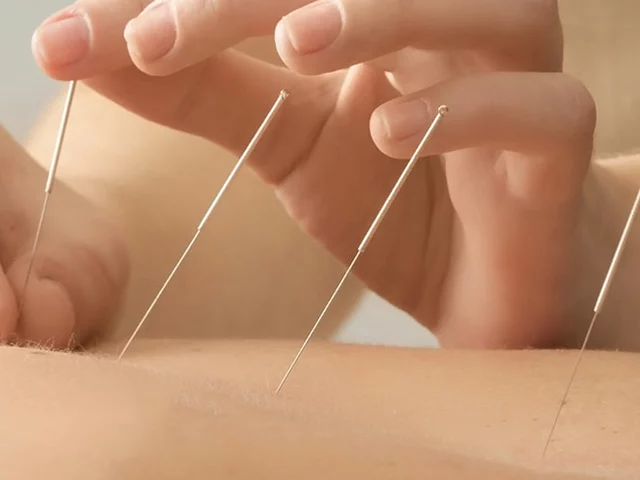Disulfiram Alternative Therapy: Naltrexone, Acamprosate & More
Disulfiram works by making drinking unpleasant, but it's not for everyone. If the idea of an aversive drug, daily dosing, or liver risks puts you off, there are solid alternatives that target cravings, reward, and relapse triggers. Below are practical options, what they do, and when they might fit into a recovery plan.
Medication alternatives — how they work
Naltrexone (oral or injectable): Naltrexone blocks opioid receptors, which reduces the pleasurable effects of alcohol. That makes heavy drinking less rewarding. Pros: good evidence for cutting down heavy drinking; monthly injectable form (Vivitrol) helps if you struggle with daily pills. Watch out for liver enzyme monitoring and never combine with opioid painkillers.
Acamprosate: This drug helps rebalance brain chemistry after stopping alcohol and lowers cravings, especially for people who want to stay abstinent. It’s usually safe for the liver but needs dose adjustment or avoidance in severe kidney problems. It works best when paired with counseling.
Topiramate (off-label): An anticonvulsant shown to reduce drinking in some studies. It can cut cravings and help people stay sober, but side effects like slowed thinking, numbness, or weight loss are common. Doctors usually start low and increase slowly.
Gabapentin and Baclofen (off-label): Both are used in some clinics to ease withdrawal symptoms, reduce anxiety, and lower drinking. Gabapentin can help with sleep and cravings; baclofen may reduce urges for some people. Sedation and dizziness are common, so use caution with other depressants.
Other options: Small studies suggest drugs like ondansetron may help certain people (younger onset alcoholism). Always ask about evidence and suitability for your situation.
Behavioral options and how to combine them
Medication works best with therapy. Cognitive behavioral therapy (CBT) helps change drinking-related thoughts and routines. Motivational interviewing boosts readiness to change. Contingency management rewards sober behavior. Peer support groups (AA, SMART Recovery) provide community and accountability.
Pick a strategy based on your goals: full abstinence, fewer heavy days, or better control. If daily pills are a problem, ask about monthly naltrexone injection. If you have liver disease, acamprosate may be safer than naltrexone. If you use opioids, disulfiram or naltrexone are not suitable without careful planning.
Talk frankly with a clinician about your medical history, current meds, and what you can stick with. Ask about monitoring (liver or kidney tests), possible interactions, and what side effects to expect. A clear plan that combines the right medication with counseling gives you the best shot at lasting change.
If you want, make a short list of priorities now: do you want to stop drinking completely, prevent relapse, or reduce heavy drinking? Bring that list to your provider — it makes the conversation faster and more useful.
This article explores how pairing Antabuse (disulfiram) alternatives with structured counseling can transform alcohol dependence treatment. It unfolds the science behind new medication options, highlights counseling methods that drive results, and shows how combining these tools creates a more potent path to recovery. Real-life tips, practical examples, and up-to-date research take readers deep into modern integrated treatment plans. Whether you're comparing current therapies or searching for a new approach, you'll get actionable guidance on making the most out of medication and counseling together. Discover how a truly blended treatment can set the stage for lasting change.
Read more






